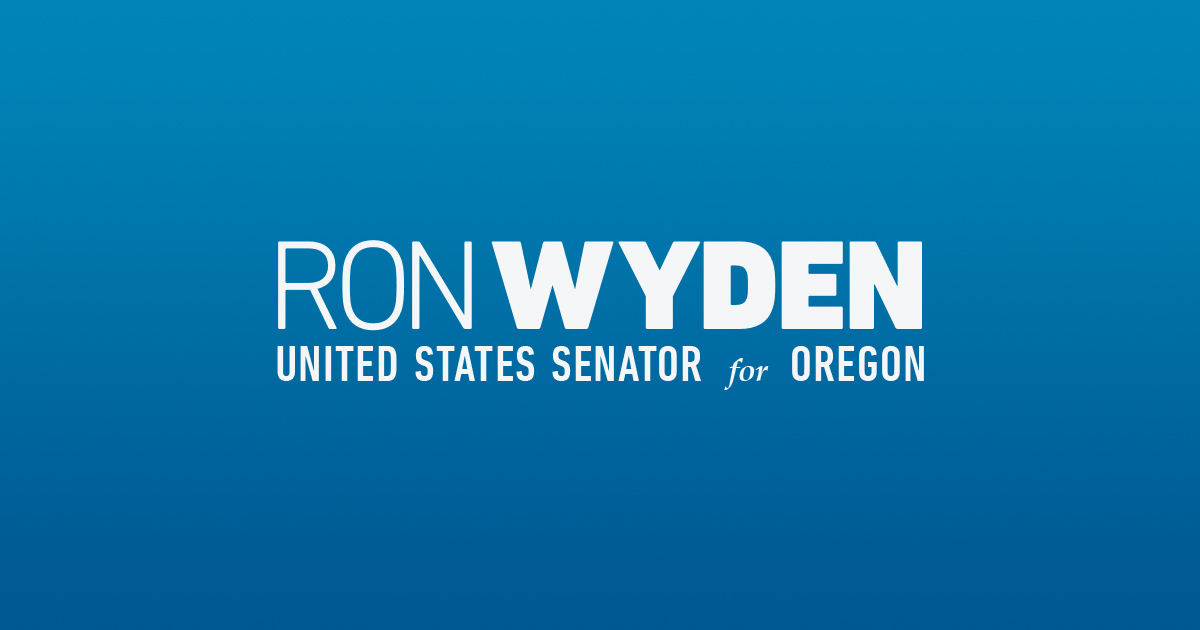Source: United States Senator Ron Wyden (D-Ore)
Washington, D.C. – U.S. Senator Ron Wyden today commended the Census Bureau for creating a pilot website to help prospective college students and their families in Oregon and nationwide better understand employment and earnings outcomes after graduation. Wyden asked the Census Bureau to partner with the Department of Education (DoEd) to expand access to this tool, which builds on the ideas in his Student Right to Know Before You Go Act.
“For many Americans, the decision to attend college is one of the most expensive decisions they will make in their lives. Students and their families deserve the opportunity to make an informed choice when they pursue a higher education, and that includes making sure that they have access to data about employment outcomes,” Wyden wrote in a letter to the Director of the Census Bureau, Robert L. Santos.
Wyden asked Director Santos what resources the Census Bureau needs to collaborate with DoEd and ensure that all students who apply for financial aid using the Federal Application for Student Financial Aid receive information about the PSEO Explorer, as well as to help it expand coverage to additional institutes of higher education and states. As of June, the Census Bureau will have agreements in place with nearly 1,000 universities across the nation to share their graduate data for the PSEO Explorer.
Wyden authored the Student Right to Know Before You Go Act, which would ensure prospective college students can access data about schools’ graduation rates, debt levels, and how much graduates can expect to earn. The Census Bureau’s Post-Secondary Employment Outcomes (PSEO) Explorer website builds on the Wyden-authored legislation by providing important information about potential earning outcomes based on degree and major, as well as data about postgraduate employment across industries and geographic locations.
In the letter, Wyden applauded the Census Bureau for the PSEO Explorer’s ability to make high quality data available to prospective college students, while also protecting the privacy of students and graduates through an advanced differential privacy algorithm.
The text of the letter is here.
